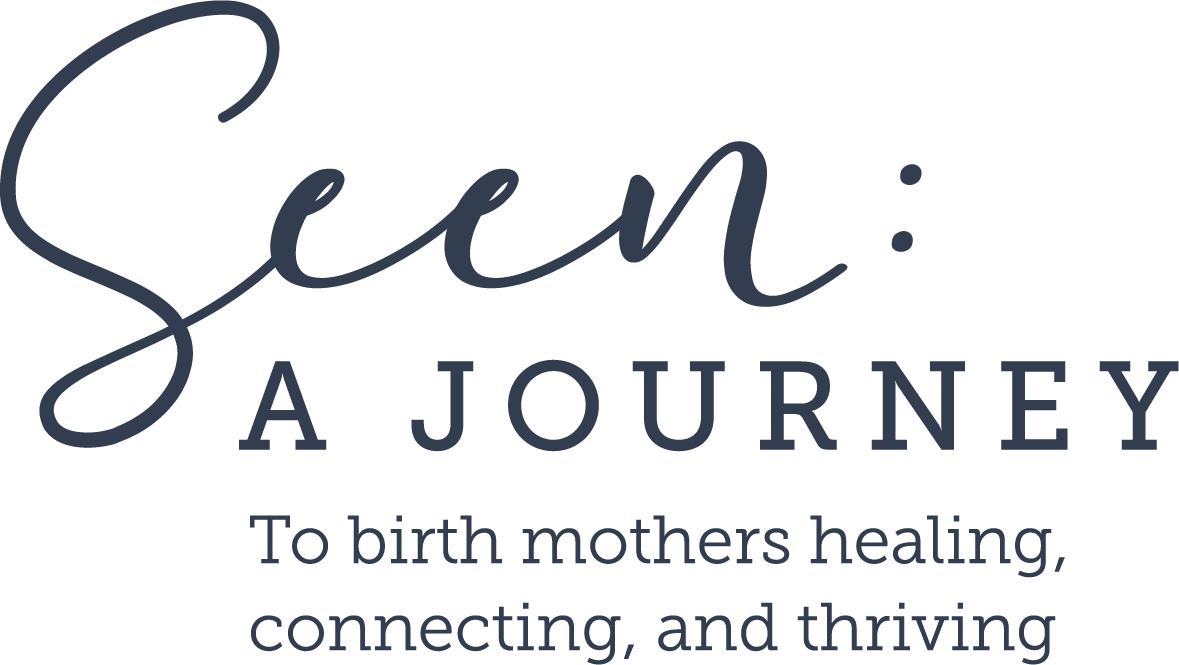Managing Emotions When Your Child’s Birth Parent Stops Communicating
Adoption isn’t a fixed picture; it’s a living story, full of nuance, change, and emotion. It is a journey marked by connection, sometimes constant, sometimes fragile. In many open adoptions, the ongoing relationship with a birth parent can bring comfort and a sense of wholeness. So when that contact unexpectedly stops, it can leave an ache that is hard to put into words: confusion, grief, even a quiet sense of loss.
As a parent, you may feel hurt, confused, and maybe even protective. More than anything, you’re likely wondering how to help your child make sense of the silence.
And yet, love calls us to keep showing up. Especially in the silence.
When the Silence Speaks Loudly
As adoptive parents, we often carry hopes for consistent communication, not only for ourselves but especially for our children. When that stops, it can stir fear, anger, disappointment, and even protectiveness. You may find yourself asking, why did they pull away? Did we do something wrong? What do I say to my child now?
In these moments, it’s important to pause, breathe, and reflect on a guiding truth:
“Love… keeps no record of wrongs.”
— 1 Corinthians 13:5
This verse is not about ignoring pain or pretending everything is okay. Rather, it’s a gentle reminder that love invites grace. Love chooses not to keep score. It makes room for human struggle, complexity, and change. It reminds us to lead not with judgment, but with compassion. It allows people to struggle, to grow, and to hopefully return. The duality in adoption is ever present.
Making Room for Your Own Emotions
As adoptive parents, we often feel an extra pressure to hold it together and get it right all of the time, but I’m going to give you permission to do something. You’re allowed to feel this deeply; it’s okay. You may be grieving the loss of connection. You may be worried about your child’s well-being. You may even be uncertain about the road ahead. These are valid, real responses. Give yourself permission to acknowledge them. Permit yourself to not know the answers.
But be careful not to let hurt harden into resentment. When we choose love that “keeps no record of wrongs,” we’re choosing to stay soft-hearted, not naïve, but open. That softness becomes a gift to your child.
Create a Safe Place for Your Child’s Feelings
Your child may sense the absence, even if they don’t fully understand it. Let them ask questions. Let them be sad. And let them know, most importantly, they’re not to blame.
You can say something like:
“We haven’t heard from your birth parent in a while. Sometimes people need space for reasons we don’t always know. But you haven’t done anything wrong. And I’m here to talk whenever you want.”
This message offers safety and love without placing blame, and that matters deeply.
Keep the Door Open, Gently
You should, as best as possible, maintain your level of consistency. Continue sending updates, even if there’s no response. Whether it’s a quick email, a shared photo, or a note, your steady effort says, We’re still here. We care. And when you’re ready, there’s room for you.
A colleague of mine refers to this as “Keeping the Porch Light On,” and I love this sentiment.
We’re here when she’s ready.
As I’m working with adoptive parents, I try and prepare them for this situation to happen, because it is not uncommon. When a woman is choosing adoption, we know that it is coming from a place where she feels like she is unable to provide a stable situation for her child. Often, this feels like a place of crisis, and by placing her child, this does not remove the instability from her life; rather, it is still there, but now with an added layer of grief.
This isn’t about forcing a relationship. It’s about honoring it, even when it’s quiet. The silence may not be forever. Love that keeps no record of wrongs makes space for change and return if and when it comes.
Keep collecting and preserving the parts of your child’s story that you do have: letters, photos, and memories. These pieces matter.
You’re Not Alone
Many adoptive families experience shifts in openness. Some relationships ebb and flow over the years. Lean into your support system, whether that’s an adoption-competent therapist, a faith community, or a network of adoptive parents who understand the ups and downs.
When your child’s birth mother stops communicating, it can feel like a door has quietly closed. But that door doesn’t have to be locked. In your home, through your words, and by the way you walk through this with your child, you get to keep love alive.
Let your love be patient. Let it be kind. And Let it be the kind of love that does not keep a record of wrongs. because pain never happened, but because grace is stronger.


